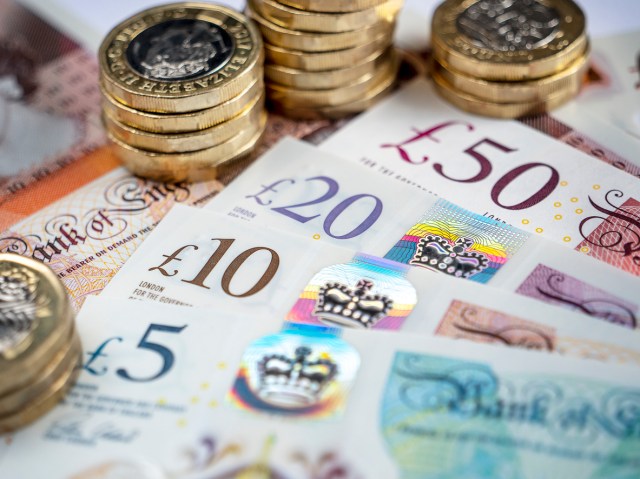Got that Monday morning feeling?

If you find yourself starting the week feeling overwhelmed, tired, anxious or wired, we can help you to ‘reset’ your mind and body to achieve a calmer, more resilient and balanced approach to life with these tips from Susannah Lawson, an expert in stress management, and nutritionist and psychologist Patrick Holford.
How did you become so stressed? We bet that’s a hard question to answer, as it just kind of happens to most of us as life unfolds. Of course, our in-built stress response is key to our survival. Without it, we’d have become some predator’s lunch thousands of years ago. The problem is that although most of us are far safer than our cave-dwelling ancestors, we still face challenges that trigger the same ‘fight or flight’ response many times each day. Workplace politics, traffic jams, disagreements at home, money worries, having too much to do and too little time to do it – all these problems activate the same stress response, with the same release of adrenalin. So too does a dip in our fuel levels (blood sugar). Unfortunately, today’s high-carb, stimulant-loaded diets create a rollercoaster ride of fuel highs followed by lows, so adding to your body’s stress burden and making you feel more stressed, tired and hungry.
Escaping the stress trap
The good news is that The Stress Cure offers a solution. Part one of the book explains the dynamics of how stress works and why you feel so tired. Part two shows you that it is possible to boost your energy reserves dramatically with the right diet and energy-boosting supplements – all of which will help rebalance your stress hormones. Part three explains how to build up your resistance to stress, while part four allows you to reset your mindset (by uncovering your stress triggers and disarming unhelpful beliefs) and also offers practical ways to rearrange your time and priorities for the better. In part five, we look at other issues that can feed into feeling chronically stressed, such as digestive and detoxification issues. In the final part, you can put it all together in your own personalised 30-day action plan for stress-free living.
To get you started, here are a few simple tips you can use now:
Swap coffee and regular tea for green tea – while you’ll still get a caffeine kick, green tea also contains a substance called theanine, which makes you feel alert but not wired.
Supplement the energy nutrients to ensure you are getting an adequate intake, and especially Co-Q10 if you take statins or suffer with fatigue.
Be conscious of your breath and give yourself the opportunity to breathe more deeply through regular energy-generating exercise and/or deep breathing exercises.
Prioritise relaxing activities in the few hours before you go to bed, so you reduce your stress level and get your body into a calm state for sleep. Keep a stress log to uncover the underlying beliefs that increase stress in your life. That way you’ll start to identify more effect, less stress-inducing strategies to help you cope better.







